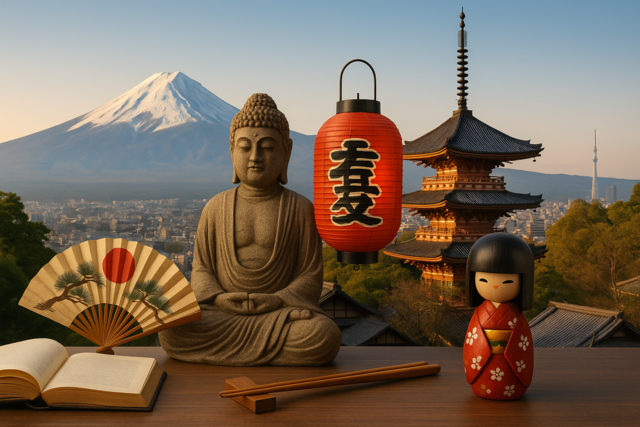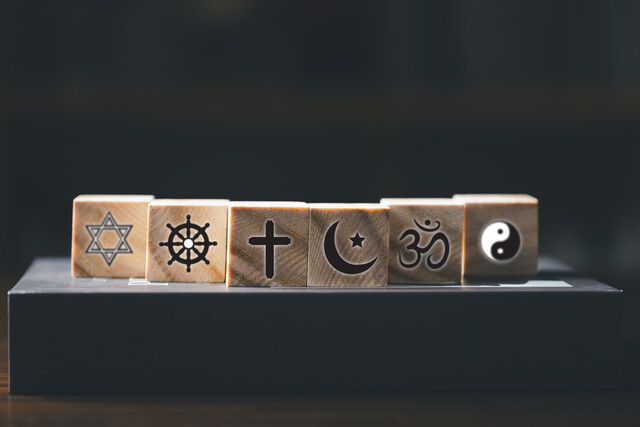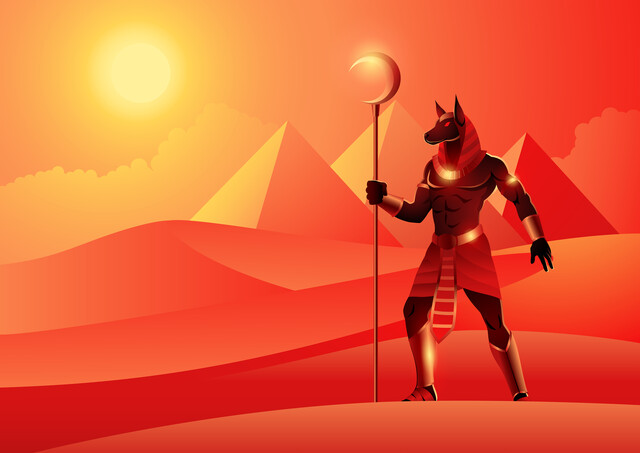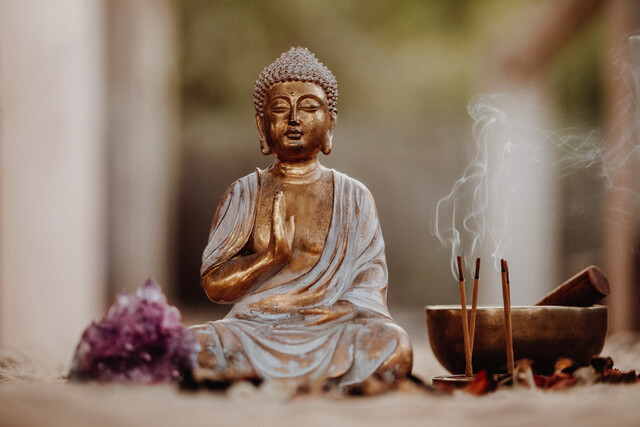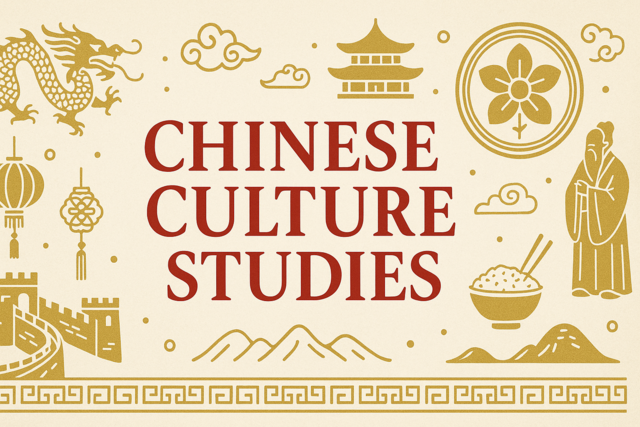Lesson 1. Hinduism: An Overview
Hinduism's rich history began in the ancient Indus Valley and evolved through diverse cultural influences, with sacred texts like the Vedas and Upanishads forming its spiritual backbone. Despite its lack of a central figure, Hinduism's pluralistic nature thrives on continuous change, reflected in its flexible principles and enduring traditions.
Lesson 2. Hinduism's Evolutionary Path: From Ancient Sages to Modern Mystics
Hinduism's evolution, rooted in the spiritual fabric of the Indus Valley, highlights its adaptability through the influences of the Aryans, who introduced elements that have since become integral to its structure. With over a billion followers worldwide, Hinduism's rich tapestry continues to impact cultures across the globe, blending ancient wisdom with modern practices like yoga and mindfulness.
Lesson 3. From Varna to Caste: Understanding Indo-Aryan Social Dynamics
The spiritual and hierarchical frameworks of Indo-Aryan society have historically impacted India, with the parliamentary system drawing parallels to feudal Europe's class stratifications. Efforts for social change reflect a timeless quest for balance between tradition and modern equity.
Lesson 4. The Vedas: Pillars of Hindu Philosophy
Despite its appearance as polytheistic due to myriad deities, Hinduism is fundamentally monotheistic, centered around the singular cosmic spirit Brahman. These deities represent aspects of life, allowing personal connection with the divine while emphasizing unity within diversity.
Lesson 5. Understanding Karma: A Spiritual and Ethical Adventure
Hindu philosophy teaches that suicide disrupts the karmic cycle, heightening unresolved issues in future lives, urging individuals to embrace life's challenges as part of their spiritual journey. This perspective fosters a message of resilience, underscoring the importance of completing the karmic lessons each life presents.
Lesson 6. Vedanta and the Quest for Universal Truth
Hinduism's diverse sacred texts, such as the Vedas and the Upanishads, offer profound insights into spirituality, philosophy, and human existence across centuries. These texts are divided into Shruti and Smriti, with Shruti comprising divinely revealed wisdom and Smriti providing societal context and evolved interpretations.
Lesson 7. Deities and Incarnations: The Dualism of Hindu Divinity
The exploration of divine incarnations (avatars) in Hinduism highlights Ishvara's compassionate intervention in restoring cosmic order and guiding humanity. These avatars, embodied in tales and texts like the Bhagavad Gita, illustrate profound truths about duty, morality, and the inherent potential within humanity for spiritual growth.
Lesson 8. Exploring the Philosophies of Predestination and Reincarnation
Hindu goals for life--moksha, dharma, artha, and kama--offer a framework for spiritual and material balance, aiming for liberation from rebirth. These are pursued through paths like Jnana, Raja, Bhakti, and Karma Yoga, aligning actions with divine purpose.
Lesson 9. The Vibrant Tapestry: Understanding Hindu Traditions and Their Evolution
Hinduism's sacred texts, the Vedas, underpin traditional rituals while its epic narratives inspire philosophical discourse, defining its cultural and moral landscape. This blend of ritual and story continues to instruct personal conduct and community ethics in today's world.
Lesson 10. Paths of Yoga: Uniting the Mind, Body, and Spirit
Rooted in Hinduism, yoga unites individuals with divine essence through practices such as Raja yoga's mental concentration and Karma yoga's selfless actions. Its versatility transcends cultural boundaries, supporting holistic wellness and spiritual growth worldwide.
Lesson 11. Decoding Mantras and Gunas
Mantras in Hinduism act as vibrational conduits to the divine, with 'Om' symbolizing creation, preservation, and destruction within the cosmic order. The concept of gunas presents a nuanced lens on human nature, emphasizing the need for balancing purity, passion, and calmness for spiritual advancement.
Lesson 12. Temples & Priests: Anchors of Hinduism
The evolution of Hindu temples from simple worship spaces to majestic architectural marvels mirrors the transformative journey of the Hindu priesthood, which adapts to meet spiritual and communal needs. These sacred sites continue to serve as beacons of cultural heritage, guiding devotees on their spiritual paths.
Lesson 13. Sacred Rites and Celebrations in Hindu Culture
In a Hindu's life, samskaras like Upanayana or thread ceremony and funeral rites manifest as transformative practices connecting individuals to dharma and spiritual duty. The rites embrace change, purity, and interconnectedness, ultimately reflecting the belief in rebirth and universal continuance.
Lesson 14. Hindu Festivals: Tradition and Spiritual Celebration
The core of Hindu festivals lies in their ability to unify diverse beliefs and practices, linking ancient traditions with modern interpretations to foster community solidarity. Through cultural exchanges and innovative adaptations, these celebrations retain their essence while inviting participation across various backgrounds, promoting unity in diversity.
Lesson 15. The Evolution of Hindu Women's Roles Through Time
In ancient Hindu society, women were held in high esteem and given equal status with men, often excelling in education and participating actively in important societal roles. Despite facing setbacks due to foreign invasions, their enduring resilience and contributions have continued into modern times, with many Hindu women playing pivotal roles in India's progress.
Lesson 16. Holistic Nutrition in Hindu Practices
Hindu cuisine intertwines dietary practices with spiritual principles, celebrating food as a sacred part of life that fosters purity and enlightenment. Ahimsa, nonviolence, is key, influencing a widespread preference for vegetarianism and shaping the ethical framework of daily meals.
Lesson 17. Politics and Spirituality: Hinduism's Modern Landscape
The adaptability of Hinduism has led to its global cultural integration, with practices like yoga and festivals such as Diwali gaining broader recognition. This adaptability reflects the balance between tradition and modernity, promoting inclusivity and understanding.
Lesson 18. Exploring Harmony Through Hinduism's Teachings
The Bhakti movement in Hinduism, emphasizing personal devotion over ritualism, has been a unifying force, breaking social barriers through faith expressed in song, poetry, and communal celebrations. Figures like Meerabai and Kabir exemplify this tradition, inspiring unity and love that transcend time and cultural boundaries.
Lesson 19. Discovering Hinduism: Philosophies, Practices, and Modern-Day Impact
Rituals and practices in Hinduism, such as Puja and Yoga, reflect its diverse spiritual expressions. Festivals like Diwali and Holi, alongside life passages marked by Sanskaras, reinforce the sacredness of life's journey and communal unity found in temple worship.

11 Hours average completion time
1.1 CEUs
19 Lessons
19 Exams & Assignments
18 Videos
20 Reference Files
131 Articles
Mobile Friendly
Last Updated February 2026

